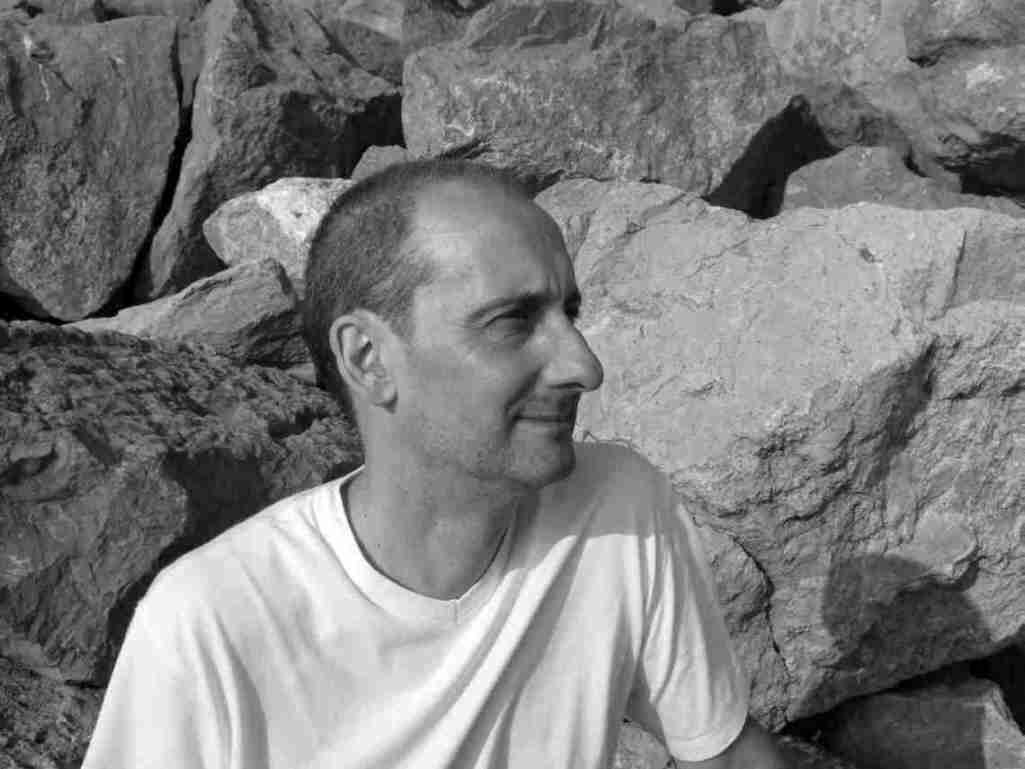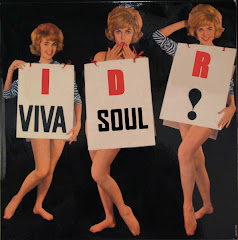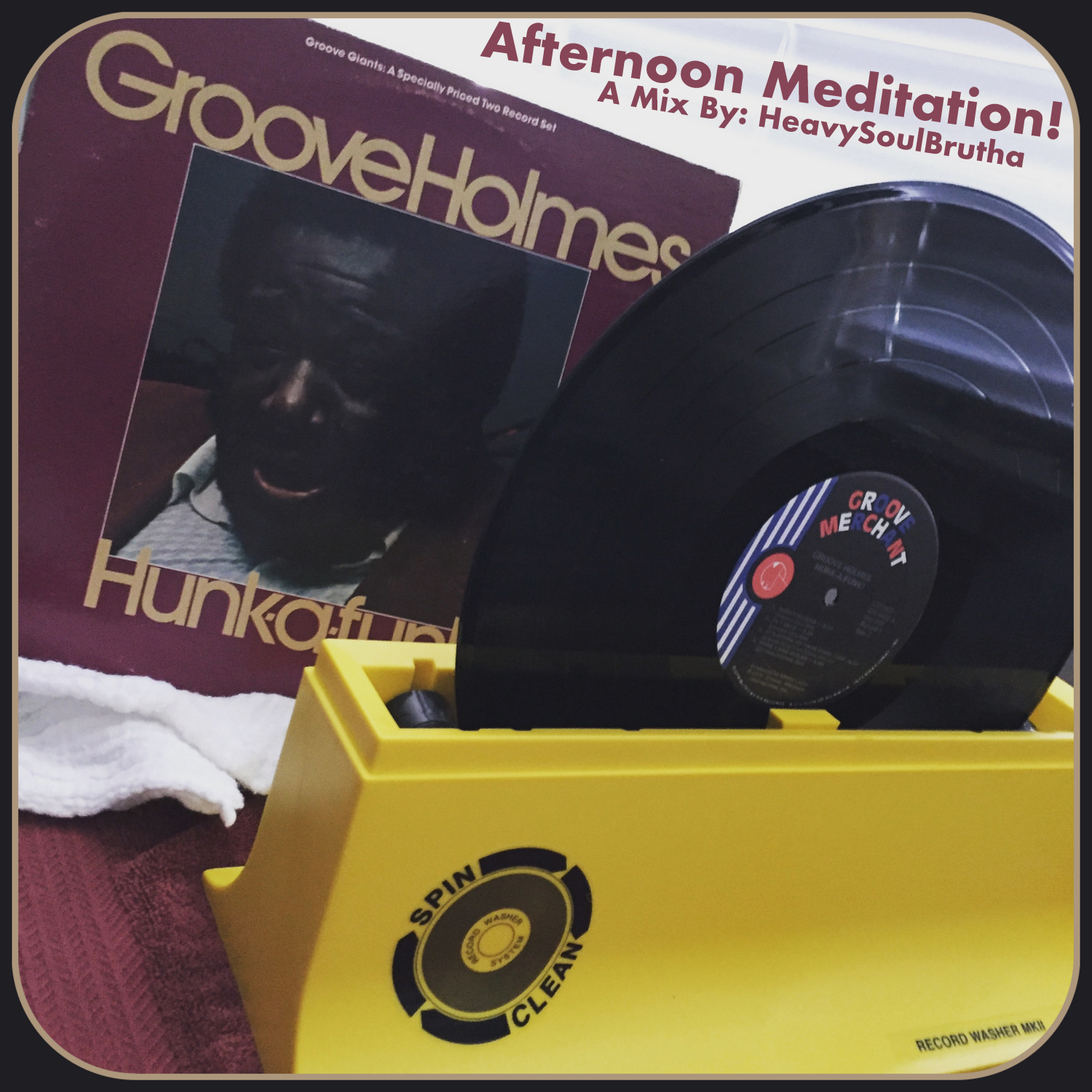 Salah Ragab's Cairo Jazz Band Latino In Cairo
Salah Ragab's Cairo Jazz Band Latino In CairoI recently discovered that the Egyptian jazz artist Salah Ragab had died earlier this year:
Ragab's collaborator Hartmut Geerken wrote:
Salah Ragab, drummer and founder - together with Hartmut Geerken and Edu Vizvari - of the first Egyptian jazz-bigband, died beginning of July in Cairo, aged 72.
Since his introduction to Jazz by Malik Osman Karim Yaqoub alias Mac X Spears in the early 1960, Salah Ragab performed with many important American and European jazz musicians. His collaboration with Sun Ra in the 1980 marked a significant time in his artistic life. As composer and bigband leader he introduced Arabic harmonies and rhythms to jazz.
Discography:
The Sun Ra Arkestra meets Salah Ragab in Egypt, Leo Records GY.
Salah Ragab and the Cairo Jazz Band present Egyptian Jazz, 006.
Hopefully this album will soon be out on CD as well:
Sun Rise in Egypt. Sun Ra & Salah Ragab, the Historic Nights & Concerts of the Arkestra in Cairo Egypt 1984, Vol. I - III, Sphinx Records ECD 25735)
 The best way to hear his music is to pick up the excellent Art Yard LP.
The best way to hear his music is to pick up the excellent Art Yard LP.A track by Salah Ragab Neveen also appeared on Jazzman Records Spiritual Jazz CD. Here are the CD notes on him:
The story of Salah Ragab's Cairo Jazz Band is both a perfect illustration of the fertile and unexpected cultural exchanges that wefe taking place during the '60s, and an object lesson in the recovery of a lost historical moment. For who would have suspected that German avant-garde musicians would have been involved in a jazz project with an Egyptian Army Major to create an Egyptian jazz big-bandr Less still that it would result in onc of the most stunning pieces of unclassitiable heavy dance music ever recorded anywhere (which yet remained almost completely unknown and unheard), and would lead on to Ragab's outfit upstaging Sun Ra's Arkestra on record?
Ragab, an army majOl; drummer and jazz fan, had received some musical training in the US, and in the late '60s he was made head of the Egyptian military music department, an appointment which put him in charge of several thousand musicians. In collaboration with Hartmut Geerken, a musician and author who worked at the German cultural institute in Cairo, and Edu Vizvari, a Bratislavan bassist, Ragab hatched a plan to create the first Egyptian jazz band. An army building was reserved for the project, Ragab hand-picked his musicians, and in 1968 the Cairo Jazz Band was born. Geerken and Vizvari helped instruct recruits who had little or no knowledge of jazz, and scores and charts were sent over from German jazz luminaries such as Albert Mangclsdortr and Joki Freund. However, when it was time to record, all the compositions would be 1hgab's own, stamped with his unique, Arabic-tinged sound. They released just two records in Egypt, music which was never heard anywhere else: a single loosely based on Herbie Hancock's 'Watermelon Man' entitled 'Egypt Strut', and a shared LP released by the Egyptian Ministry of Culture, from which 'Neveen' is taken.
 Their only other outing was an LP tor the Greek Praxis label, recorded in Egypt with Sun Ra in 1983. Ra's Arkestra play Ragab's compositions on one side, but they are musically outshone by Ragab's outfit, who play three stunning original compositions on the other. Ragab still plays; and listening to the extraordinary 'Neveen', a now-feted piece of music recently rescued from decades of oblivion, onc wonders what else never even made it to tape.
Their only other outing was an LP tor the Greek Praxis label, recorded in Egypt with Sun Ra in 1983. Ra's Arkestra play Ragab's compositions on one side, but they are musically outshone by Ragab's outfit, who play three stunning original compositions on the other. Ragab still plays; and listening to the extraordinary 'Neveen', a now-feted piece of music recently rescued from decades of oblivion, onc wonders what else never even made it to tape.




















prauls.jpg)
























No comments:
Post a Comment